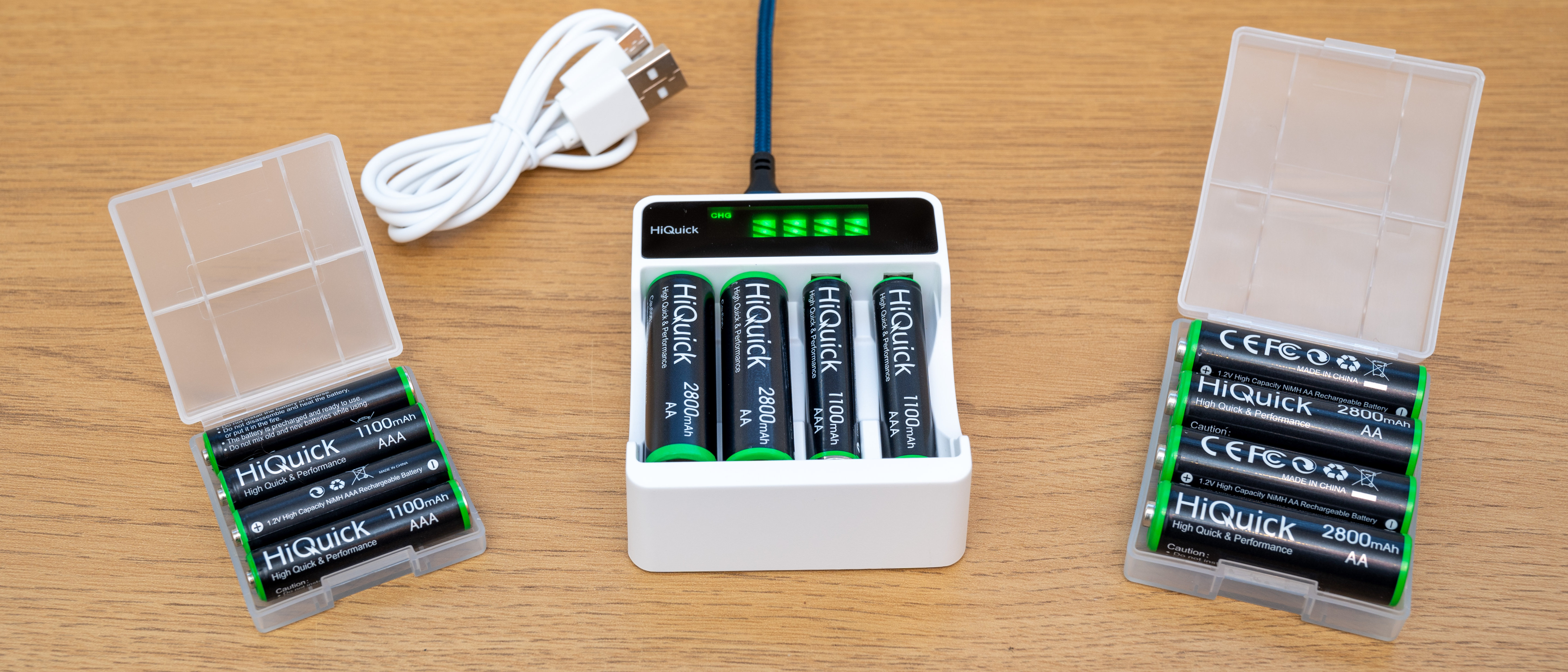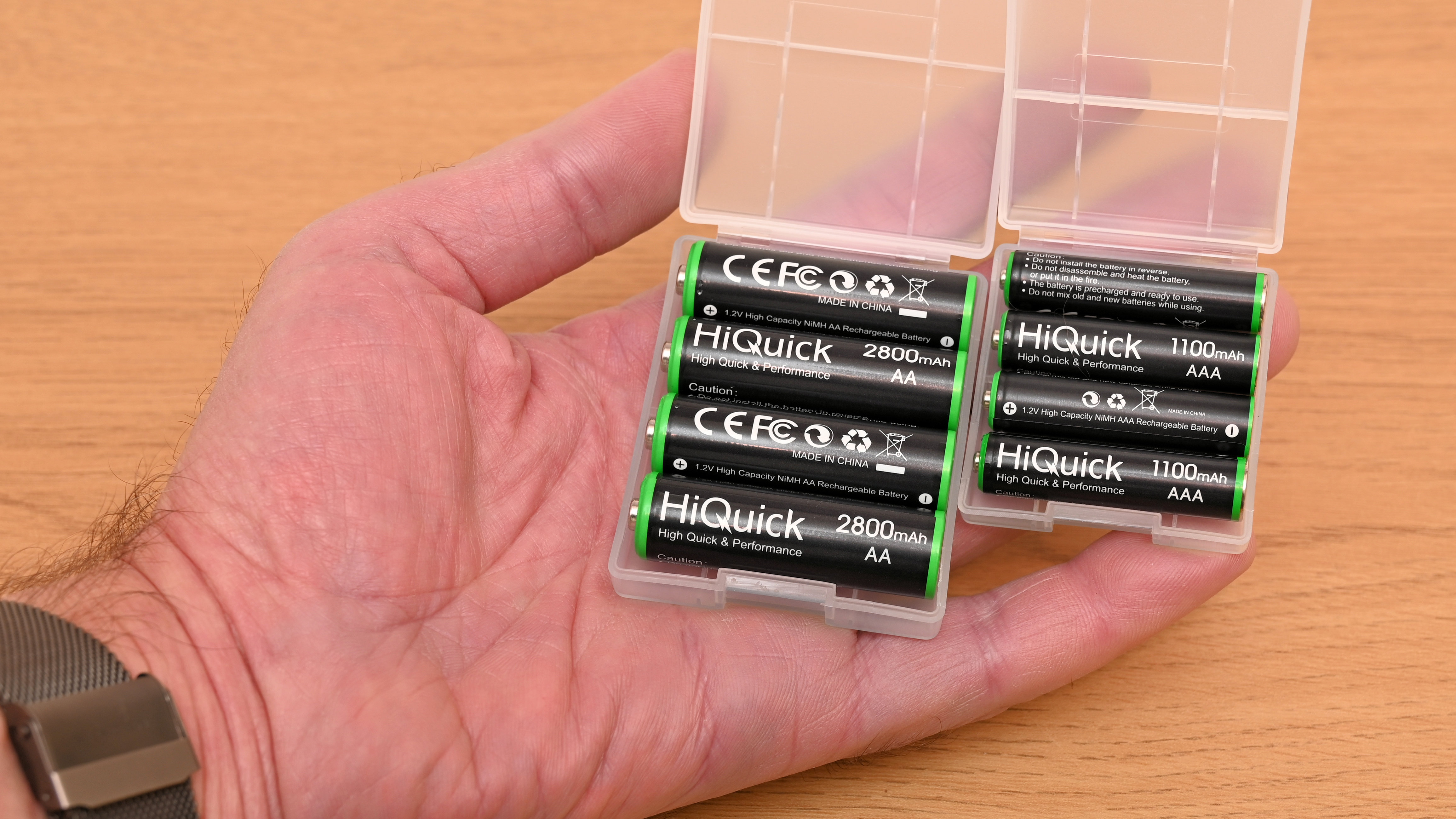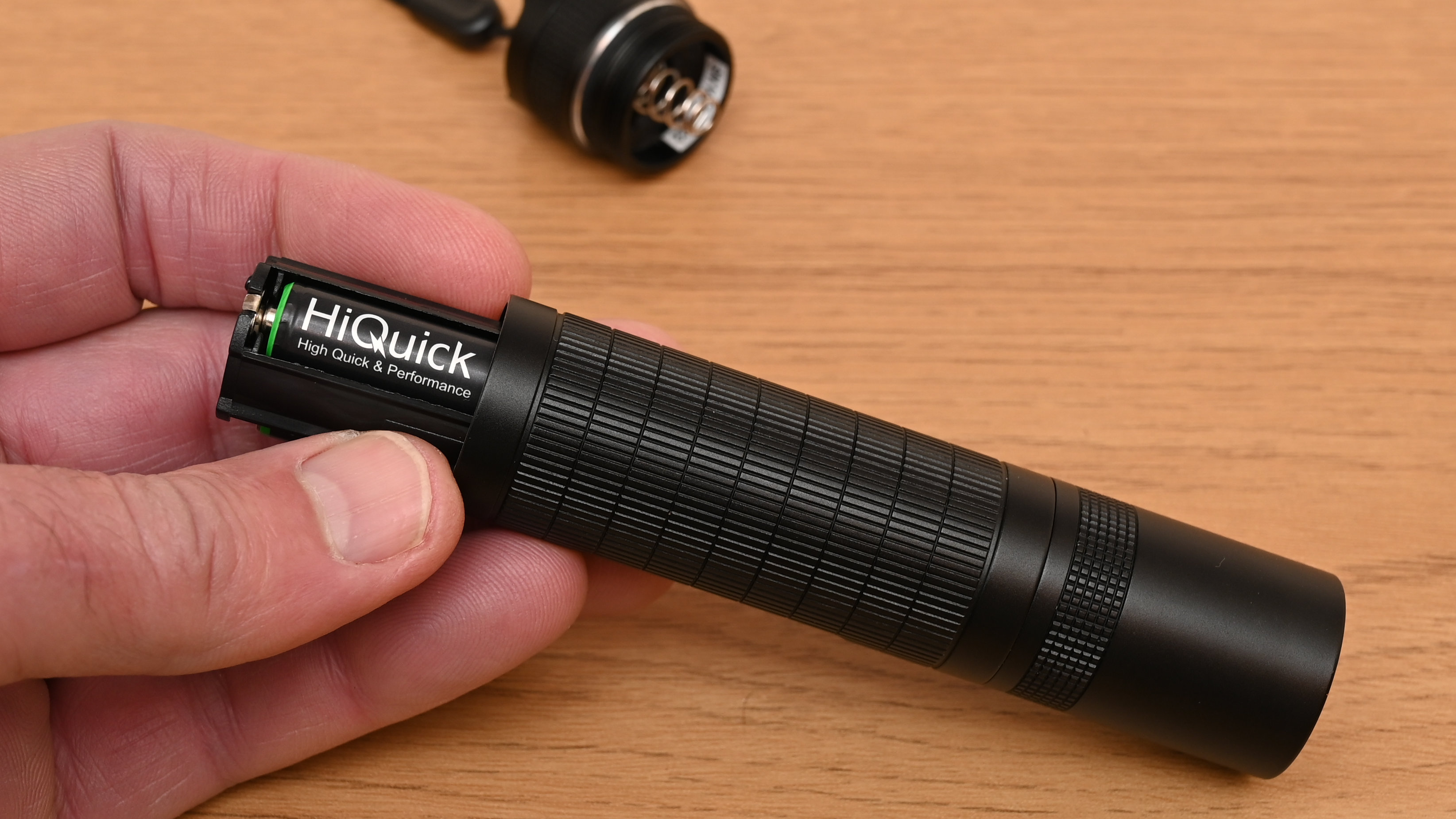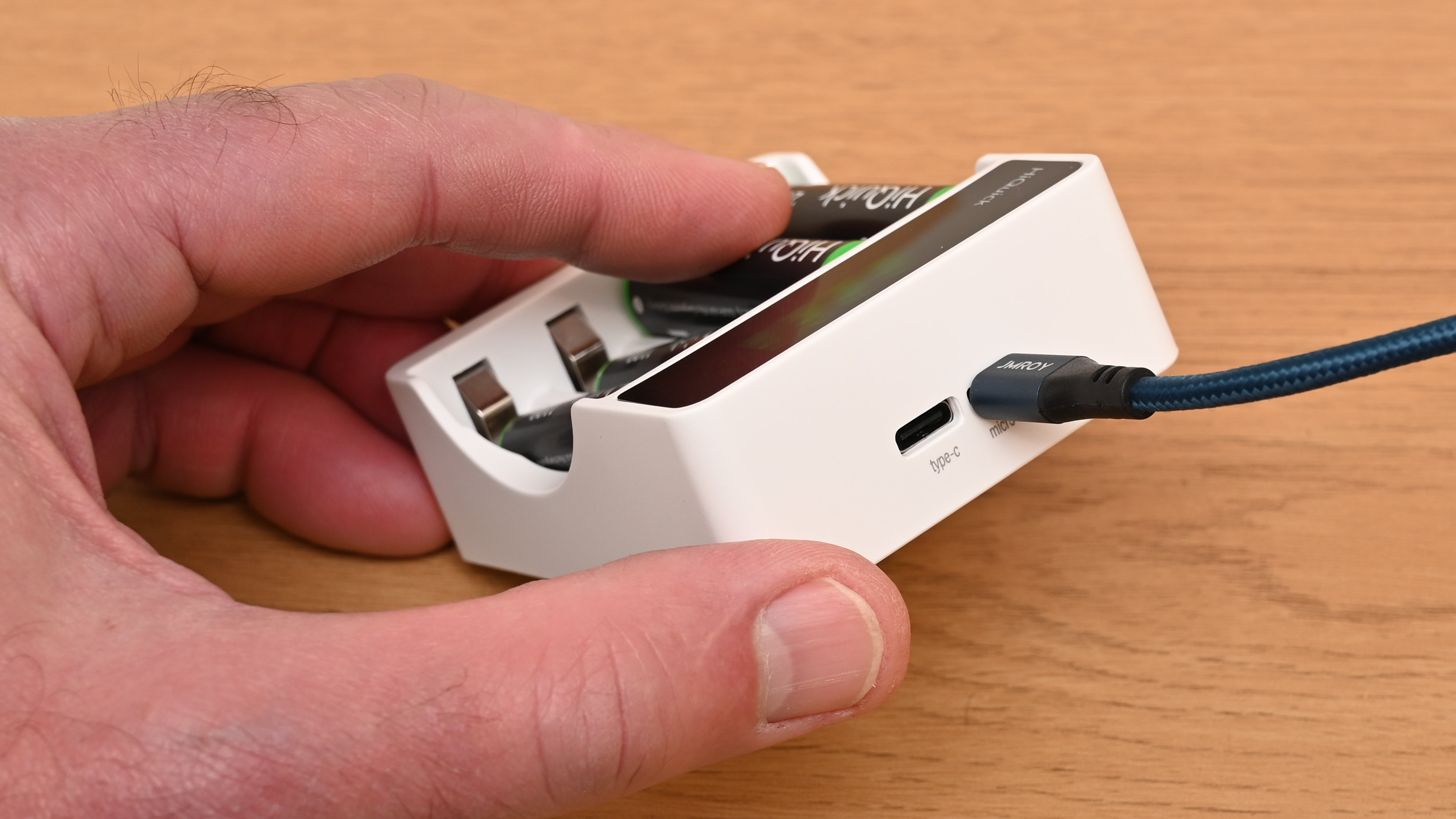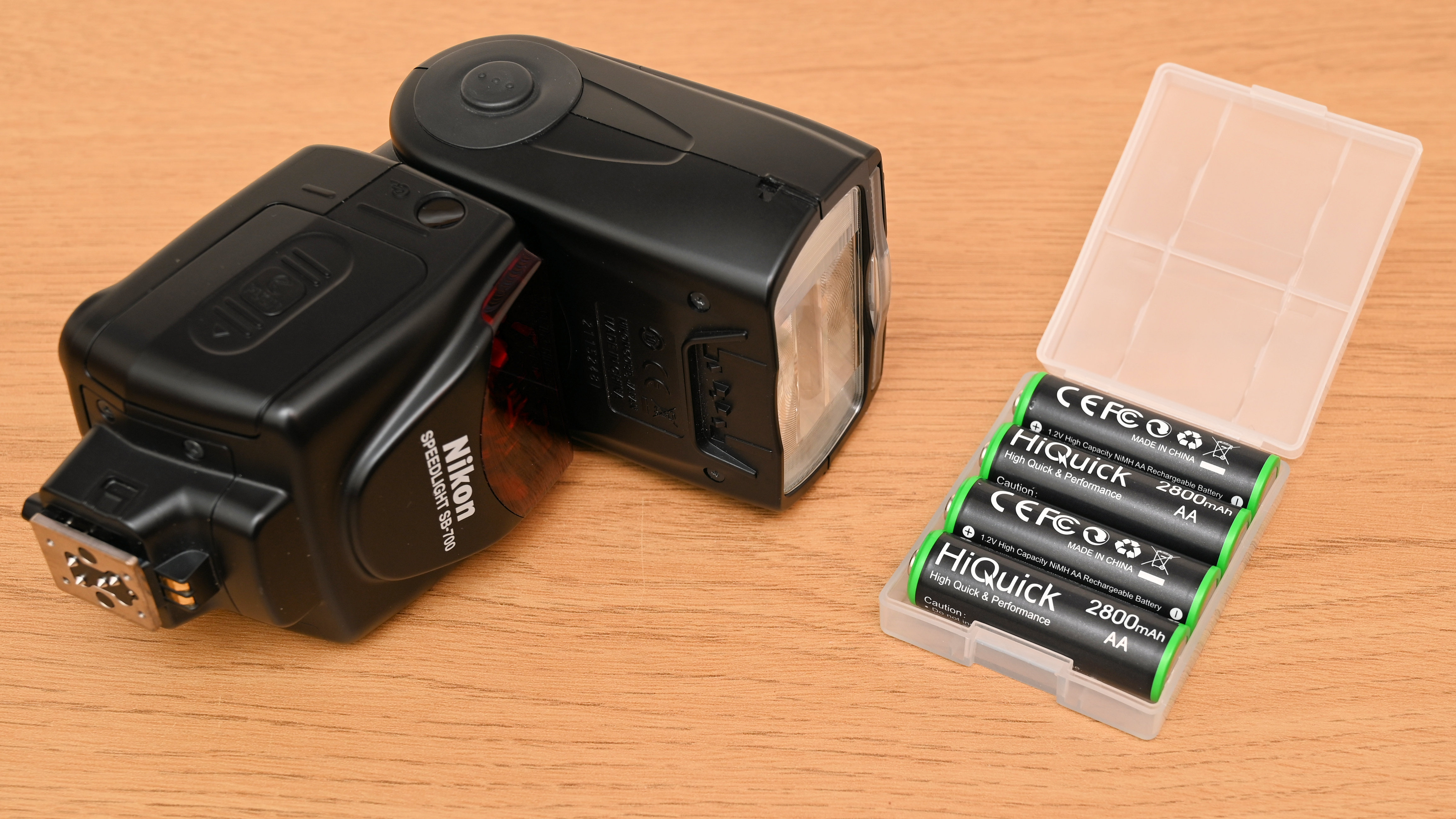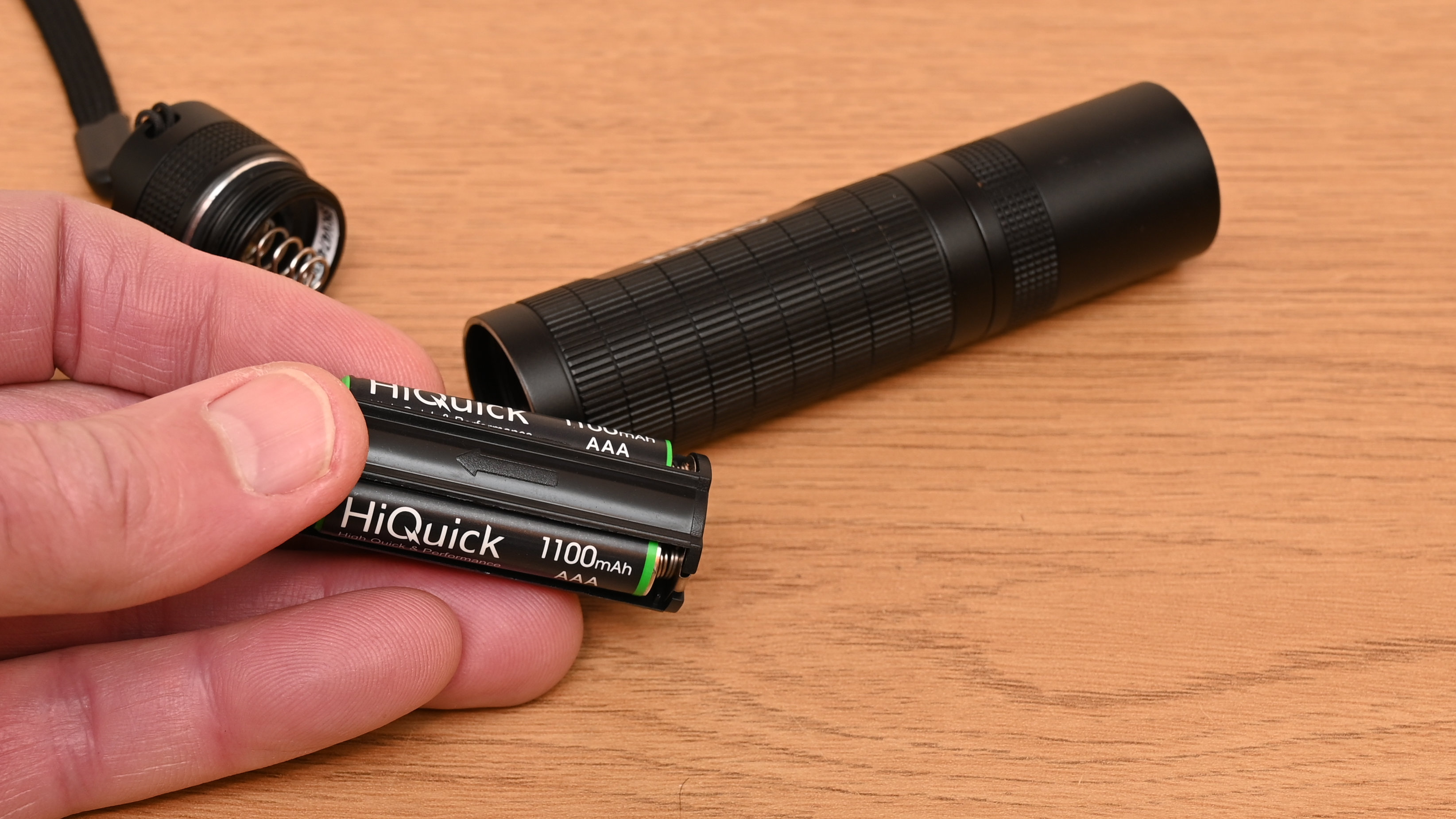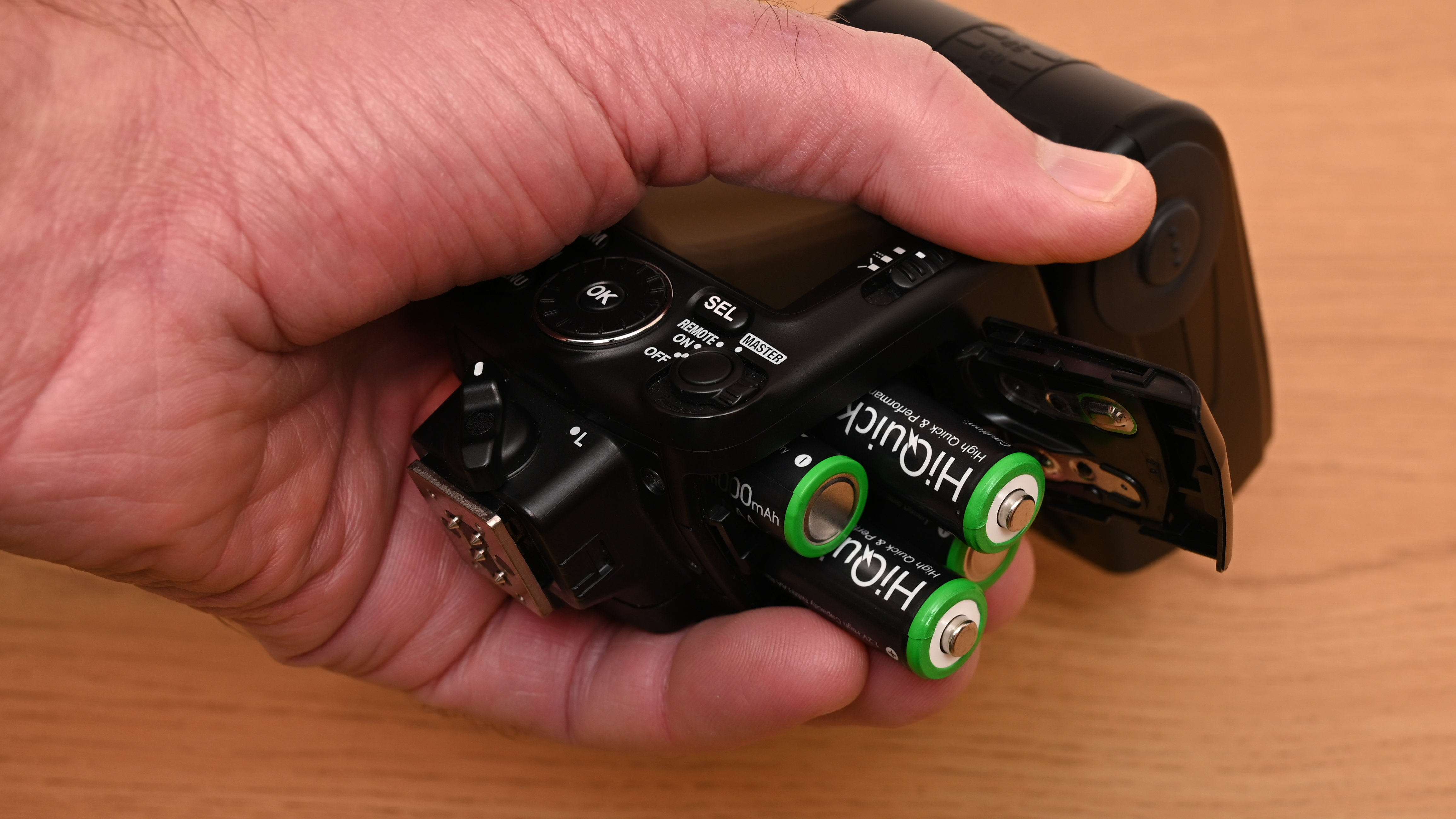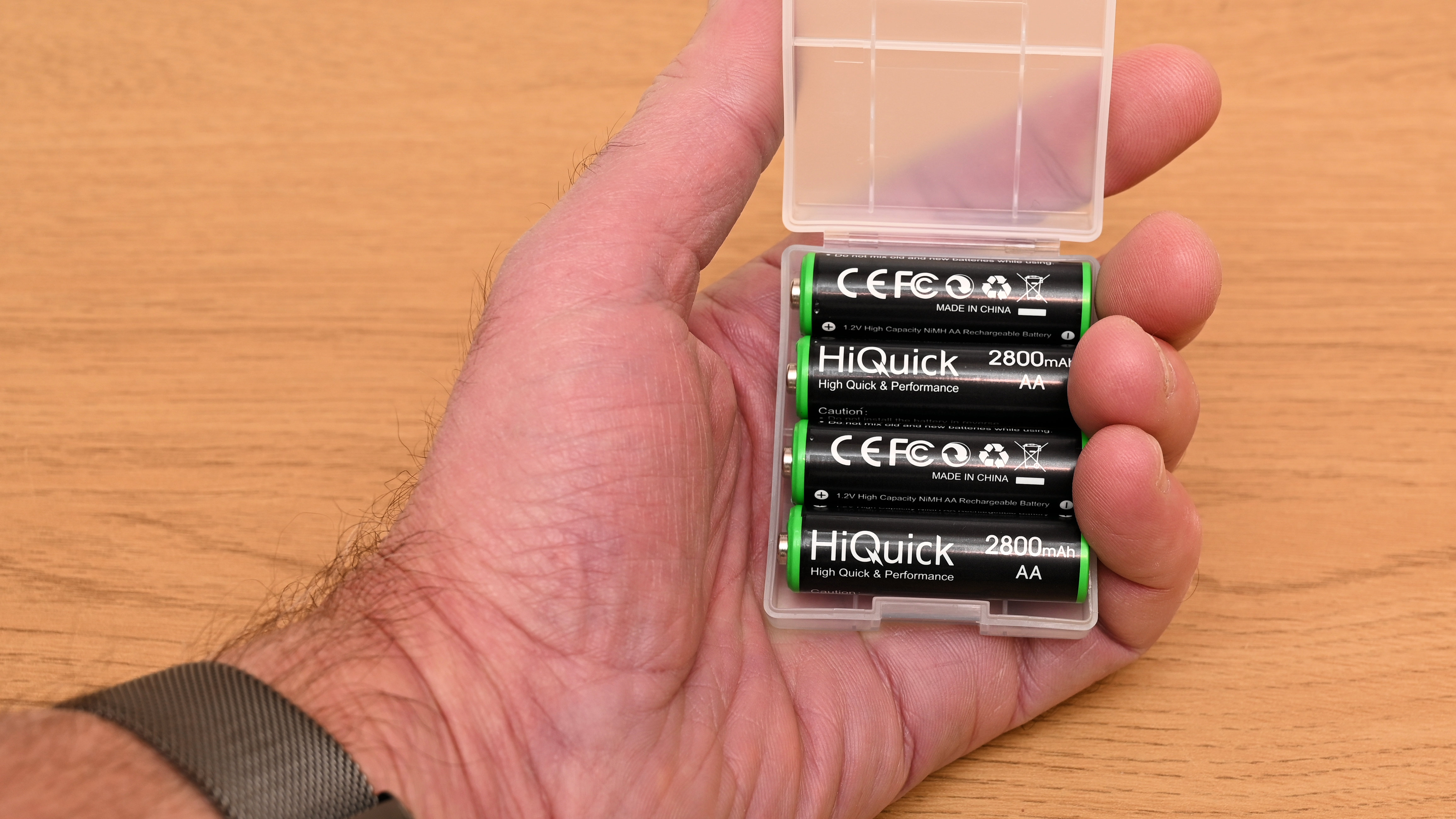Digital Camera World Verdict
We love a bit of variety. These 1100mAh AAA and 2800mAh AA rechargeable NiMH batteries are available to buy in mix-and-match options for various quantities of each size or combinations of both, with or without a USB charger. We tested them in a variety of high-drain devices including flashlights and camera flashguns. We really liked their impressive staying power and complete reliability. As with various competitors, they stay charged for long periods when not in use, which is a must for us. All in all, they’re a top power-up and great value at the very competitive selling price.
Pros
- +
High capacities for both AA and AAA
- +
They stay charged for months or years
- +
Up to 1200 charge/discharge cycles
Cons
- -
Only charged to 20% at manufacture
- -
Require charging before use
Why you can trust Digital Camera World
HiQuick AA & AAA rechargeable batteries are unlike NiMH batteries that we used to use and didn’t entirely like. A bugbear for us was that we’d fully charge a set of batteries for a flashlight or camera flashgun, only to find they’d gone flat by the time we actually got around to using them. Useless! Like various other recent AA and AAA batteries, these HiQuick versions are designed to have a very slow discharge rate, so they’re good to go for months or even years after being charged.
Catering to every need, the batteries are sold in multi-packs of AA and AAA options, with different quantity options. Some include a mix of one size or both sizes, and come with or without a USB battery charger. We went for the HiQuick 4-slot AA & AAA USB battery charger complete with a set of 4x AA and 4x AAA batteries, which also comes with a charging cable and storage boxes for the batteries. And to bump up the numbers, we added a combined pack of 8x AA and 8x AAA batteries. Both retail packs come boxed with printed instruction manuals, and with very budget-friendly price tags. Other popular sizes are also available, including C and D tubular shaped batteries and PP3 rectangular batteries.
HiQuick AA & AAA: Specifications
Type: NiMH
Size: AA & AAA
Voltage: 1.2V
Capacity: AA 2800mAh, AAA 1100mAh
Charge held: 80% after 3 years
Recharge cycles: 1200
HiQuick AA & AAA: Key features
Typical of NiMH batteries, both of the AA and AAA options only deliver 1.2V each when fully charged, which is a bit down on the 1.5V of non-rechargeable alkaline batteries. Even so, a crucial bonus of NiMH batteries is that they maintain pretty much their peak voltage output all the way through until they’re completely discharged, whereas alkaline batteries head down a slippery slope right from the start.
Another downside of alkaline batteries is that they can be prone to leaking, especially if they’re left in devices for long periods of time. A plus point of HiQuick rechargeables is that they feature materials and technology to prevent any leaking. Safety is further enhanced by Delta V tech that prevents overcharging, instead switching to trickle charging when needed, and the batteries also feature protection against short-circuit and reverse polarity.
Unlike some competing batteries, these ones are only charged to 20 per cent capacity before shipping, HiQuick giving ‘safety’ as the reason. You therefore need charge them before first use, if you need anything more than a fairly limited amount of power.
The HiQuick 4-slot charger that came with one our retail packs has independent channels for each slot, so you can charge anything from one to four batteries at a time. That’s a benefit over having to charge batteries in pairs or as a complete set of four. The charger comes complete with a Micro USB cable but no mains adapter, which you’ll have to add yourself. A more modern USB C charging port is also featured, along with a warning not to use both ports simultaneously.
Again, the charger features protection, this time for over-charge, over-current, over-voltage, over-heat and short-circuit. The output power of 1800mA for AA and 900mA for AAA is sufficient to charge a pair of the AA batteries in about 2.5 hours, or a pair of AAA batteries in about 3 hours.
And once the batteries are charged, they stay charged. We’ve experienced some conventional NiMH rechargeable batteries going flat in just a few weeks. By contrast, the HiQuick batteries are more typical of the new breed, retaining 95% of their charge after 6 months, 90% after a year, 85% after 2 years and 80% after 3 years.
The best camera deals, reviews, product advice, and unmissable photography news, direct to your inbox!
The HiQuick batteries also match other brands of new-generation NiMH batteries in that they can be recharged up to 1200 times. That’s really quite something. For example, if you were to recharge them each and every week, they’d still be going after 23 years, at least in theory although that’s something we can’t practically test.
HiQuick AA & AAA: Performance
With advertised capacities of 2800mAh for AA and 1100mAh for AAA, the HiQuick batteries are among the best on the market in terms of stamina. Putting a fully charged AAA battery into a high-power mini flashlight, we got 85 minutes of use. That’s what we’d expect from an 1100mAh NiMH battery, and is actually about twice the length of time available with an non-rechargeable alkaline AAA battery. The only catch is that, as with other NiMH batteries, when they go flat, they go flat very suddenly so there’s no warning as the flashlight gradually dims.
We put a set of four AA batteries into a Nikon Speedlight SB-700 to test them. On alkaline batteries, we tend to get a recycling speed of about 3 seconds after a full-power flash with fresh batteries, dropping to 6.5 seconds after 50 flashes, 9 seconds after 75 flashes, and 13 seconds after 100 flashes. That’s quite a slow-down over time and alkaline batteries tend to run flat after about 115 full-power flashes.
HiQuick 2800mAh AA batteries performed vastly better. Throughout the entire discharge period, the recycle speed after a full-power flash in our SB-700 stayed at around 2.2 seconds. That’s a close match to other brands of similar 2800mAh batteries, including Powerowl Pro Goldtop and EBL. The HiQuick also performed as well as other brands in terms of staying power. We got 290 full-power flashes from our SB-700 before we had to recharge the batteries.
It's likely that performance will get even better. The fully-charged capacity of this type of battery tends to improve after a few charge/discharge cycles. All in all, performance is excellent, making HiQuick batteries terrific value for money.
HiQuick AA & AAA: Final Verdict
We love a bit of variety. These 1100mAh AAA and 2800mAh AA rechargeable NiMH batteries are available to buy in mix and match options for various quantities of each size or combinations of both, with or without a USB charger. We tested them in a variety of high-drain devices including flashlights and camera flashguns. We really liked their impressive staying power and complete reliability. As with various competitors, they stay charged for long periods when not in use, which is a must for us. All in all, they’re a top power-up and great value at the very competitive selling price.
Read more: check out our guides for more of the best rechargeable AA batteries and the best rechargeable AAA batteries.
Matthew Richards is a photographer and journalist who has spent years using and reviewing all manner of photo gear. He is Digital Camera World's principal lens reviewer – and has tested more primes and zooms than most people have had hot dinners!
His expertise with equipment doesn’t end there, though. He is also an encyclopedia when it comes to all manner of cameras, camera holsters and bags, flashguns, tripods and heads, printers, papers and inks, and just about anything imaging-related.
In an earlier life he was a broadcast engineer at the BBC, as well as a former editor of PC Guide.
